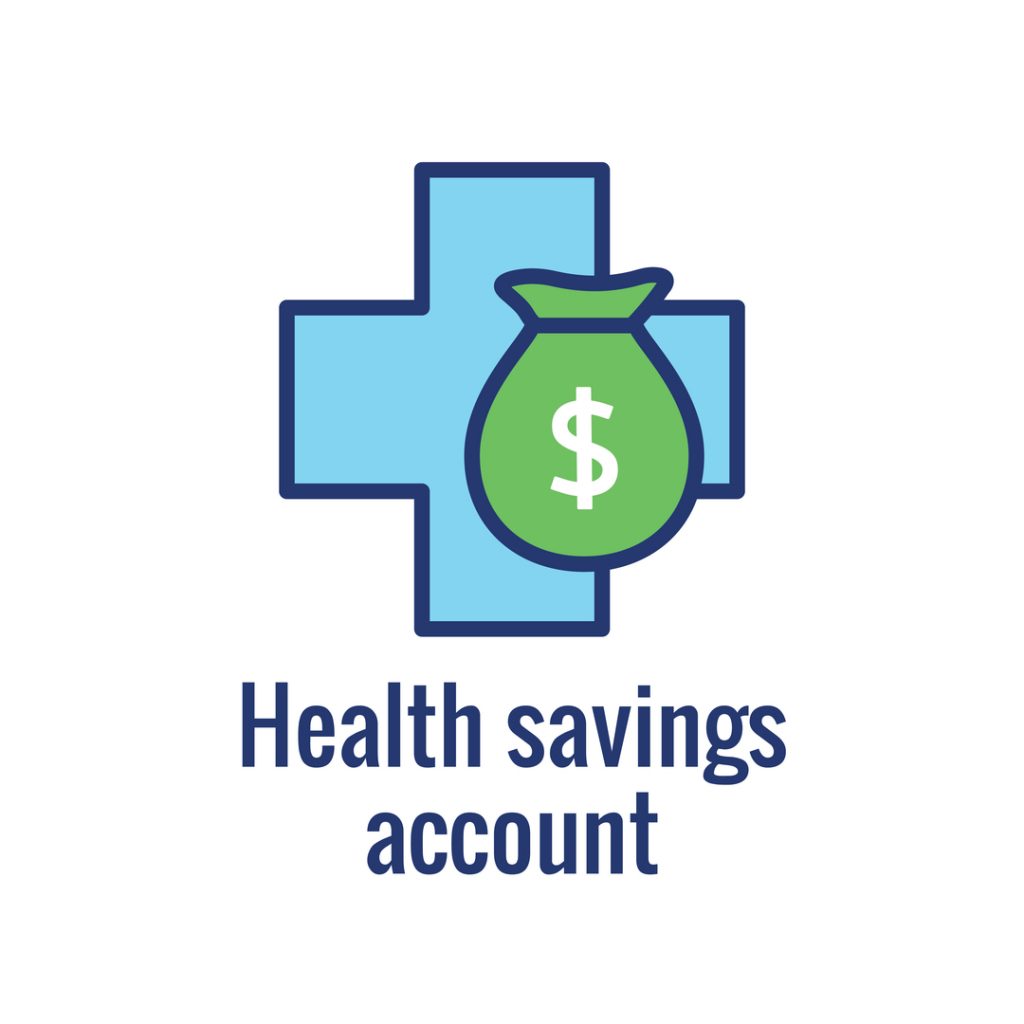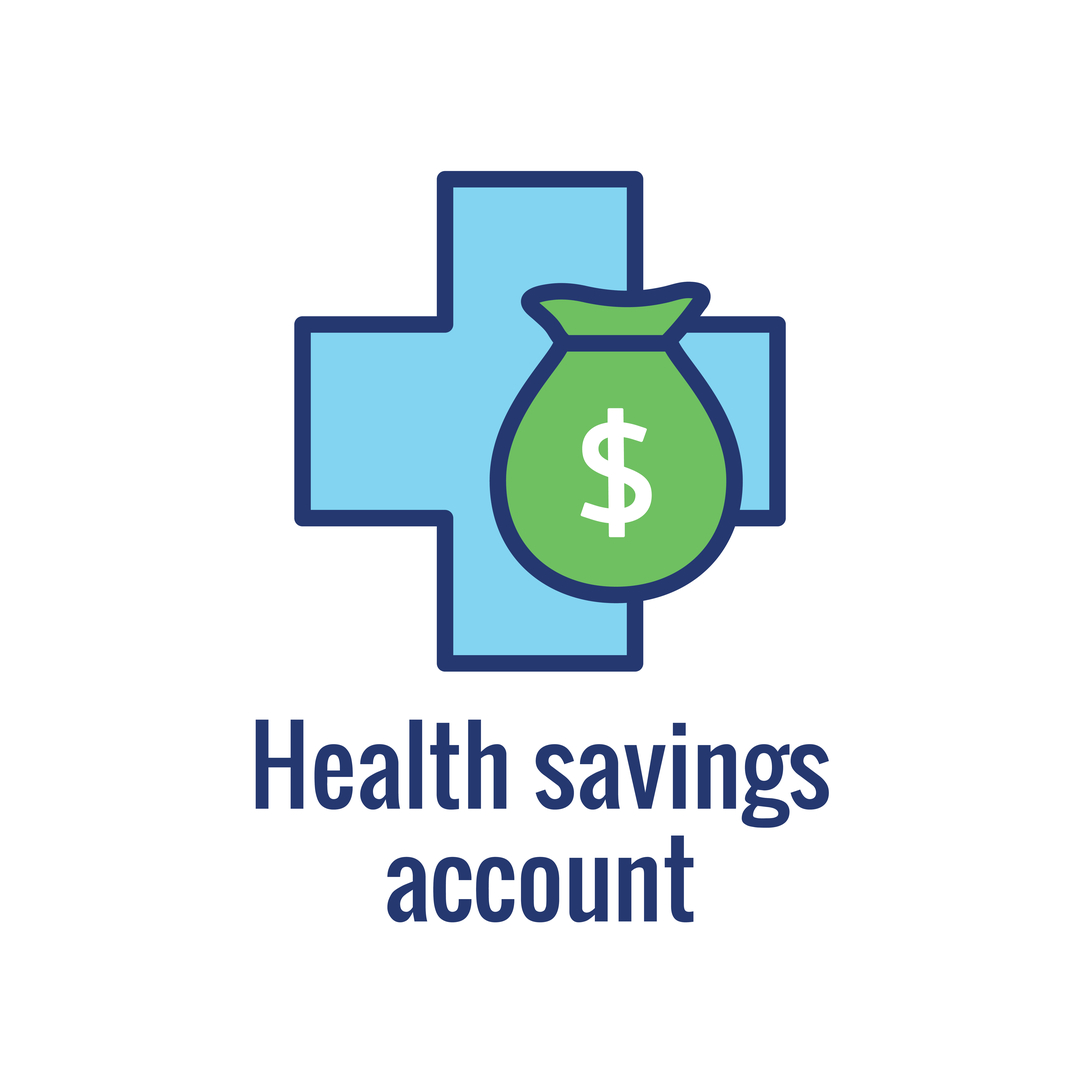
The pandemic-extended tax deadline may have come and gone, but that doesn’t mean you should stop planning for your financial future. As your local Cedar City tax advisor, we’re here to tell you that it’s never too early to prepare for your future financial security or the next tax season.
One way you can address both future financial prosperity and reduce your tax burden is by taking advantage of the new, higher limits on contributions to health savings accounts (HSAs).
IRS Raises Health Savings Account Contribution Limits
To clarify, a health savings account is a specialized savings account where you can save for future medical costs pre-tax. These medical costs can be as simple as paying for your prescription and over-the-counter medication or to help fund a future surgery.
Also, if you use your HSA to pay for approved medical needs, you will not be taxed on the money that is pulled from your HSA. However, if you withdraw the money first, then pay, you will be taxed the same as if you pulled money from a 401(k). So, not only do you get to contribute to an HSA tax-free, but you can spend money from your HSA tax-free, all while reducing your taxable income.
If that sounds attractive to you, then you should be excited for the new 2021 contribution changes to HSAs. Recently, the Internal Revenue Service (IRS) has announced higher contribution caps on health savings accounts. For someone contributing under individual coverage, you can contribute $3,600, and families can contribute up to $7,200. This increase was made to help adjust for inflation. Also, if you are over 55 years old or older, you can make an additional $1,000 contribution to your HSA. For families, the catch-up limit is $7,000, with $1,000 allotted per HSA family contributor.
Why Contribute More To An HSA
When possible, we like to advise our clients to take advantage of health savings accounts, as they offer triple tax benefits. Other reasons to contribute to an HSA are:
- Business owners can save – An HSA can be offered as an employee benefit, which business owners can deduct from their taxes as a business expense.
- Available to all types of employees – Self-employed individuals can also utilize some HSAs, though not all are available to those who are contractors, gig workers, or otherwise self-employed, so check carefully.
- Can be used with Medicare – Once over 65, you can use an HSA to cover your Medicare insurance premiums.
- Refund yourself – With a receipt, you can reimburse yourself from your HSA for medical expenses.
- No time limit – You can spend your HSA funds when you need them, there is no time limit like flex savings accounts.
Determine Your Personal Saving Strategies With AA Tax & Accounting Services
To see if an HSA is right for your financial needs, you can always take advantage of our accounting services to meet with our accountant for tailored advice.
If you would like personalized advice on your finances, whether as an individual or business owner, please feel free to contact us today to set up a consultation with our experienced accountant.






